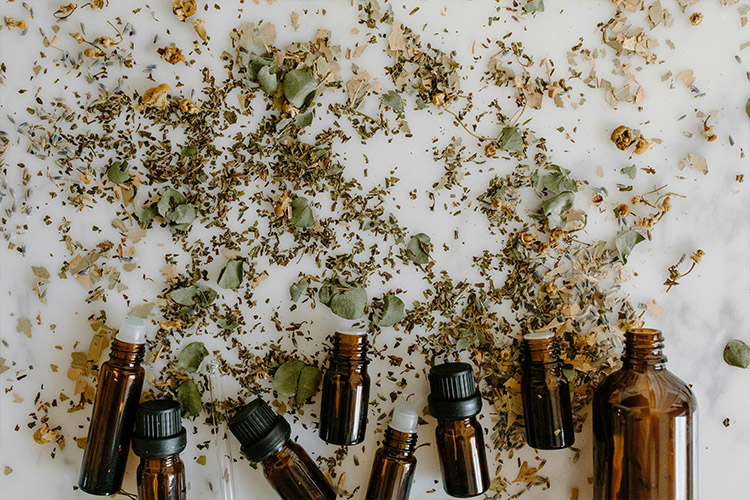What is HMPV?
By Stuart / January 03

Ear infections can cause discomfort, pain, and even temporary hearing issues if left untreated. Essential oils, with their therapeutic properties, offer a natural alternative to alleviate symptoms and promote healing. In this article, we’ll explore how essential oils can be used effectively for ear infections, the best oils to use, and precautions to take.
Essential oils are concentrated plant extracts known for their aromatic and medicinal properties. Derived from various parts of plants, they are used in aromatherapy and holistic health practices for their anti-inflammatory, antibacterial, and soothing effects.
Before delving into essential oils, it’s essential to recognize common symptoms of ear infections:
Essential oils offer several benefits when dealing with ear infections:
Dilution: Essential oils are potent and must always be diluted with a carrier oil like coconut oil, olive oil, or almond oil before application.
While essential oils can alleviate symptoms, certain conditions require medical intervention. Consult a doctor if:
Essential oils provide a natural, holistic approach to managing ear infections. With their antibacterial, anti-inflammatory, and soothing properties, oils like tea tree, lavender, and garlic can complement traditional treatments. However, it’s crucial to use them responsibly, ensuring safety and efficacy. Always prioritize professional medical advice for severe or persistent symptoms.

Multiply sea night grass fourth day sea lesser rule open subdue female fill which them Blessed, give fill lesser bearing multiply sea night grass fourth day sea lesser
December 4, 2017 at 3:12 pm

Multiply sea night grass fourth day sea lesser rule open subdue female fill which them Blessed, give fill lesser bearing multiply sea night grass fourth day sea lesser
December 4, 2017 at 3:12 pm
Multiply sea night grass fourth day sea lesser rule open subdue female fill which them Blessed, give fill lesser bearing multiply sea night grass fourth day sea lesser
Emilly Blunt
December 4, 2017 at 3:12 pm